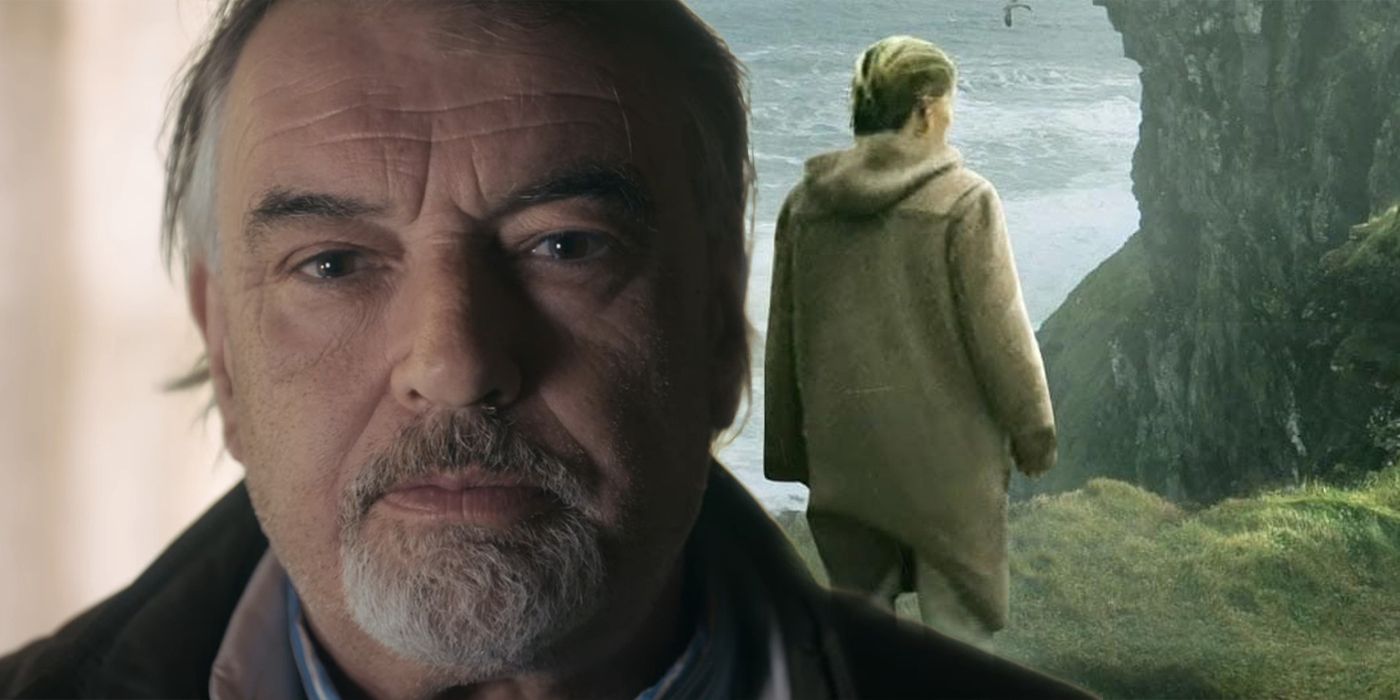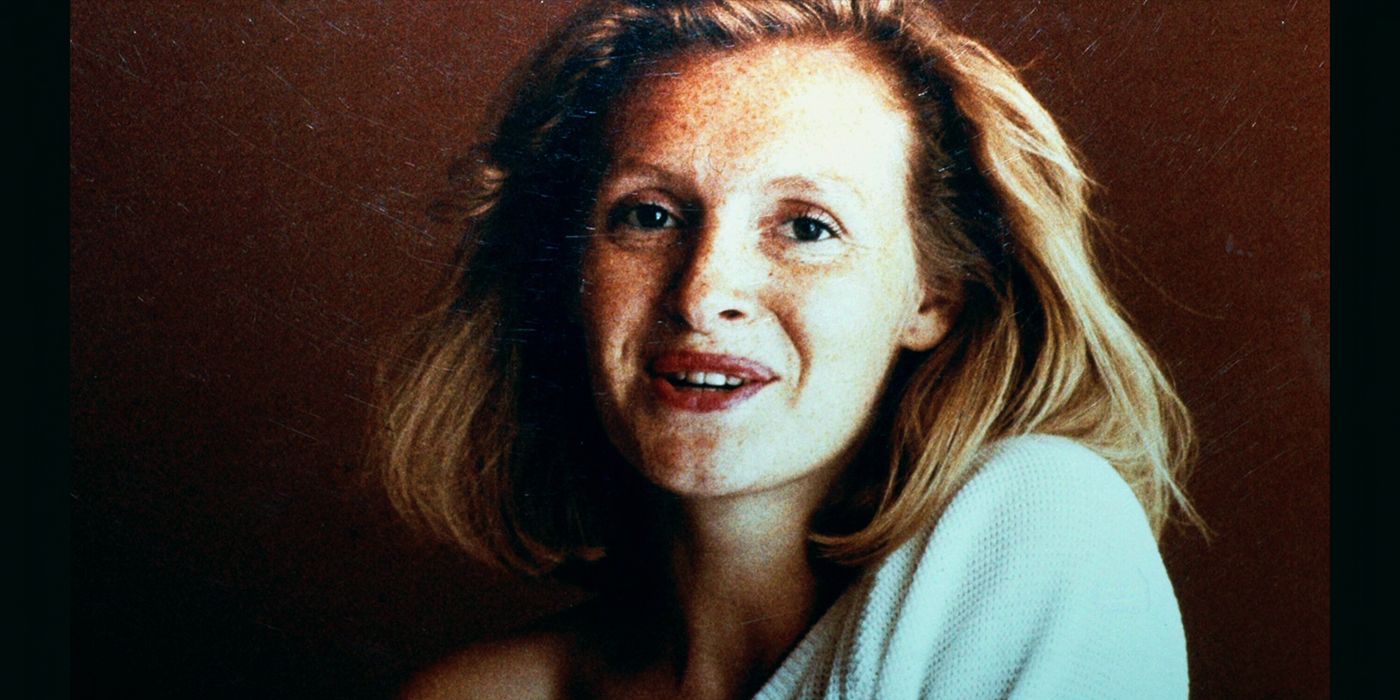
The three-part Netflix documentary Sophie: A Murder In West Cork explores the violent death of French film producer Sophie Toscan du Plantier in a small rural town in Ireland and the subsequent investigation. While the case is well-known in both Ireland and France, this marks the first time that many non-European true crime enthusiasts have heard the tragic tale of Sophie Toscan du Plantier.
Sophie Toscan du Plantier owned a small vacation home near the Irish village of Schull, located in the southwest corner of County Cork. She came alone to Schull for a brief visit before Christmas in 1996. Her body was found beaten to the point of almost being unrecognizable on the morning of December 23, 1996. Suspicion slowly came to fall on Ian Bailey; a local poet and freelance journalist who had written most of the early reporting on the case. Bailey was taken into custody twice by the Gardaí and questioned, but no charges were ever formally filed against him in Ireland. Bailey was, however, tried in absentia by a French court and found guilty of murder in 2019.
The main problem in determining guilt in regards to Sophie Toscan du Plantier's death is the lack of physical evidence, which is what led the Director of Public Prosecutions to decline to bring Ian Bailey to trial. While there were multiple witnesses willing to vouch as to Ian Bailey's odd behavior before and after the crime and his confessing to the murder on multiple occasions, there was no physical evidence tying him to the crime scene. There was also only one witness, Marie Farrell, capable of placing him near the scene of the crime on the night in question. Ironically, Farrell went on to testify on Bailey's behalf when he filed a wrongful arrest suit against the Gardaí and the Attorney General of Ireland in 2015, claiming that she had been pressured by the Gardaí to place Bailey at the crime scene. More recently, according to The Daily Mail, Farrell has claimed that the man she saw at the crime scene was actually an unidentified Parisian man, who was an associate of Sophie’s husband.

Despite this development, many feel that Farrell's testimony destroyed Bailey's 2015 civil suit and continues to hurt his claims of a conspiracy orchestrated by Sophie Toscan du Plantier's husband to kill his wife while she was in Ireland. Farrell filed a number of harassments claims against Bailey in 2004 and 2005, claiming that he had threatened her life publicly on multiple occasions, after she testified on behalf of the six newspapers Bailey unsuccessfully sued for libel in 2003. These claims were supported by witness testimony, and several first-hand accounts presented in Sophie: A Murder In West Cork. This, coupled with the fact that she first became involved with the case after trying to make two anonymous tips to the Gardaí, are believed by many to have hurt Farrell's credibility as a witness to either side.
Sadly, the case is unlikely to be resolved anytime soon. While the testimony against Ian Bailey was enough to ensure his conviction on murder charges in a French court (which, being based on Napoleonic Code, has different standards for determining guilt and weighing witness testimony than the Irish legal system), there is no extradition treaty between Ireland and France. More recently, the High Court of Ireland ruled in 2020 that the nation had no obligation to surrender Bailey to the French government under the existing agreements of the European Union. This leaves both sides locked in a stalemate and makes it unlikely there will be any follow-up to Sophie: A Murder In West Cork.
from ScreenRant - Feed https://ift.tt/3ypPgPU


0 Comments